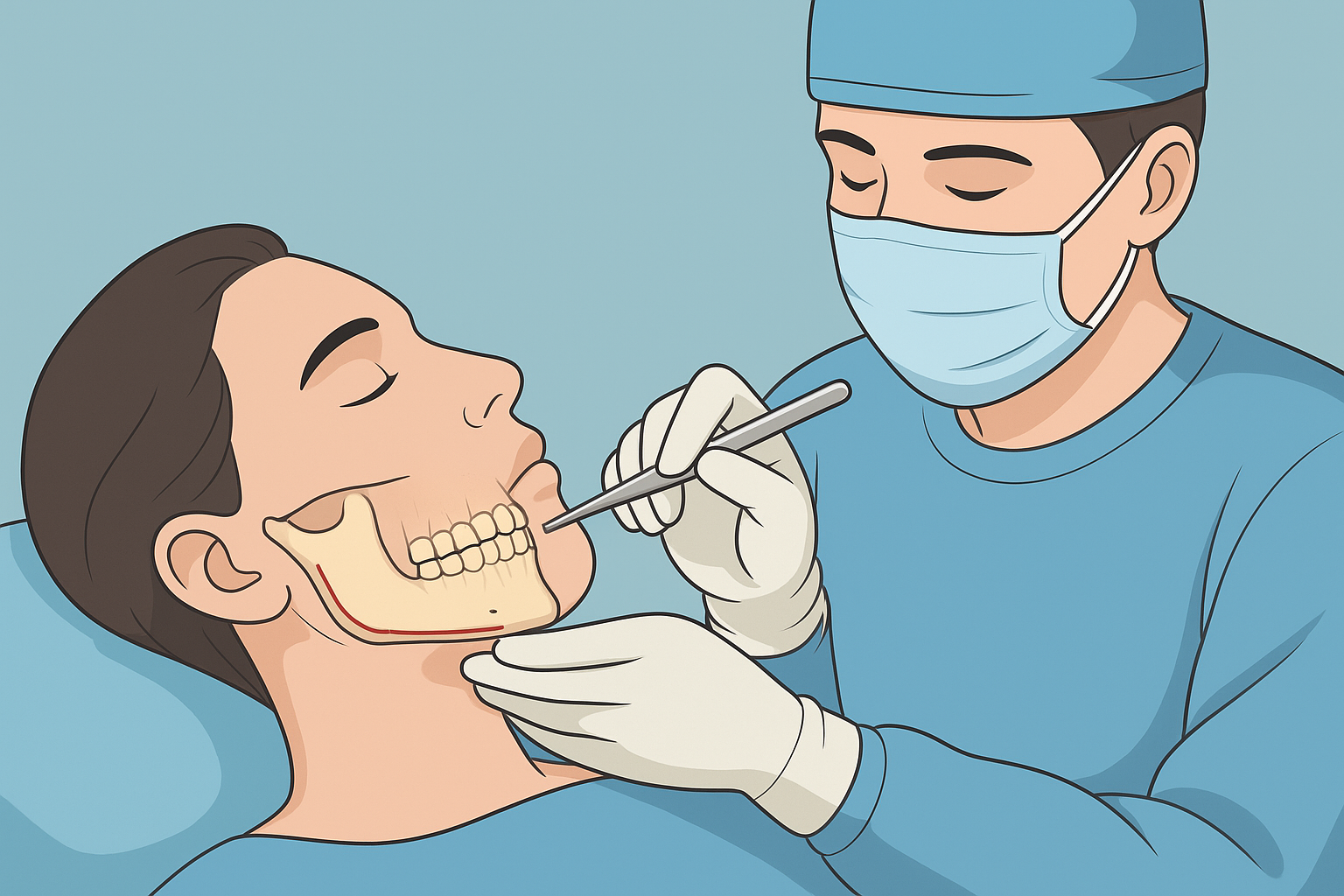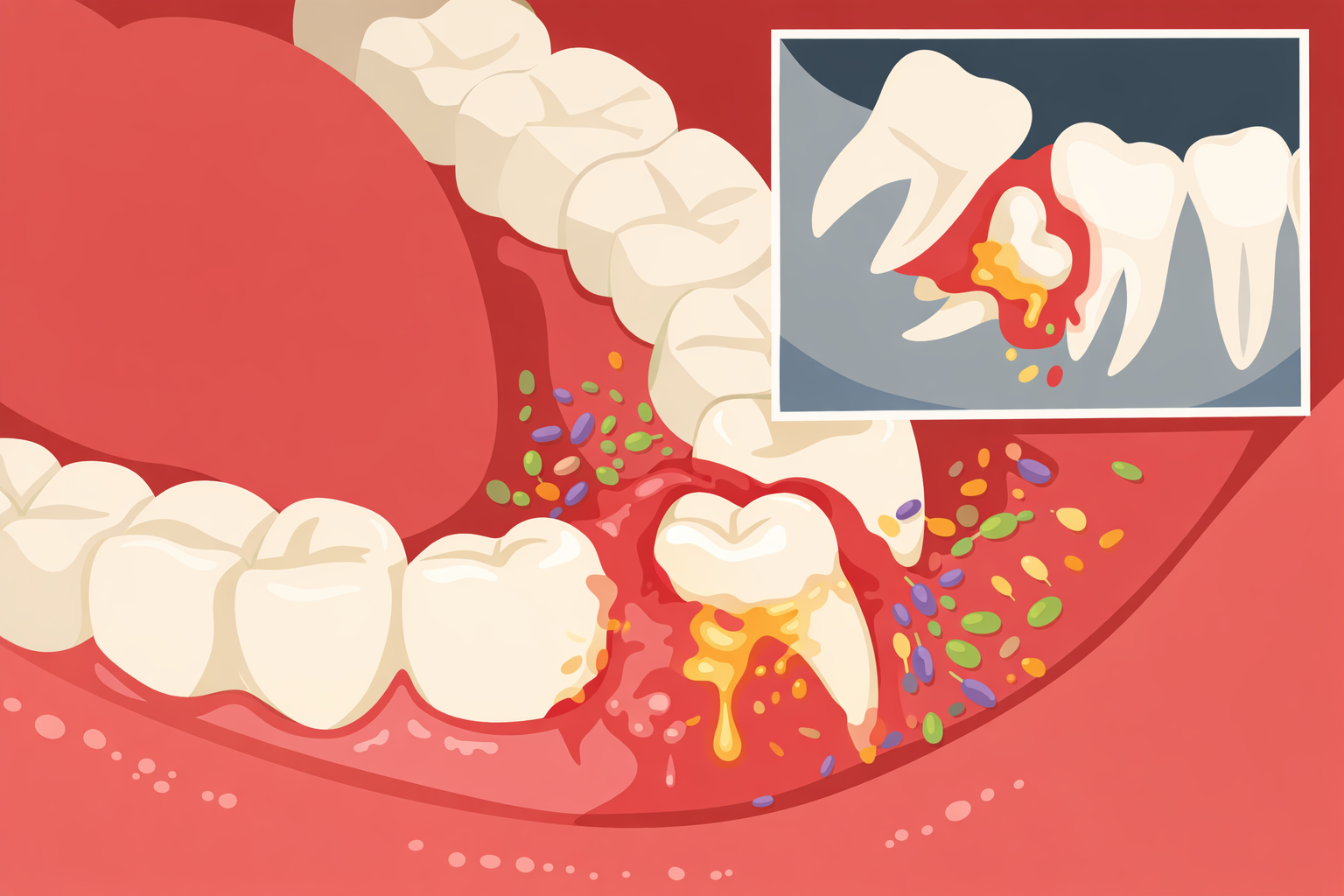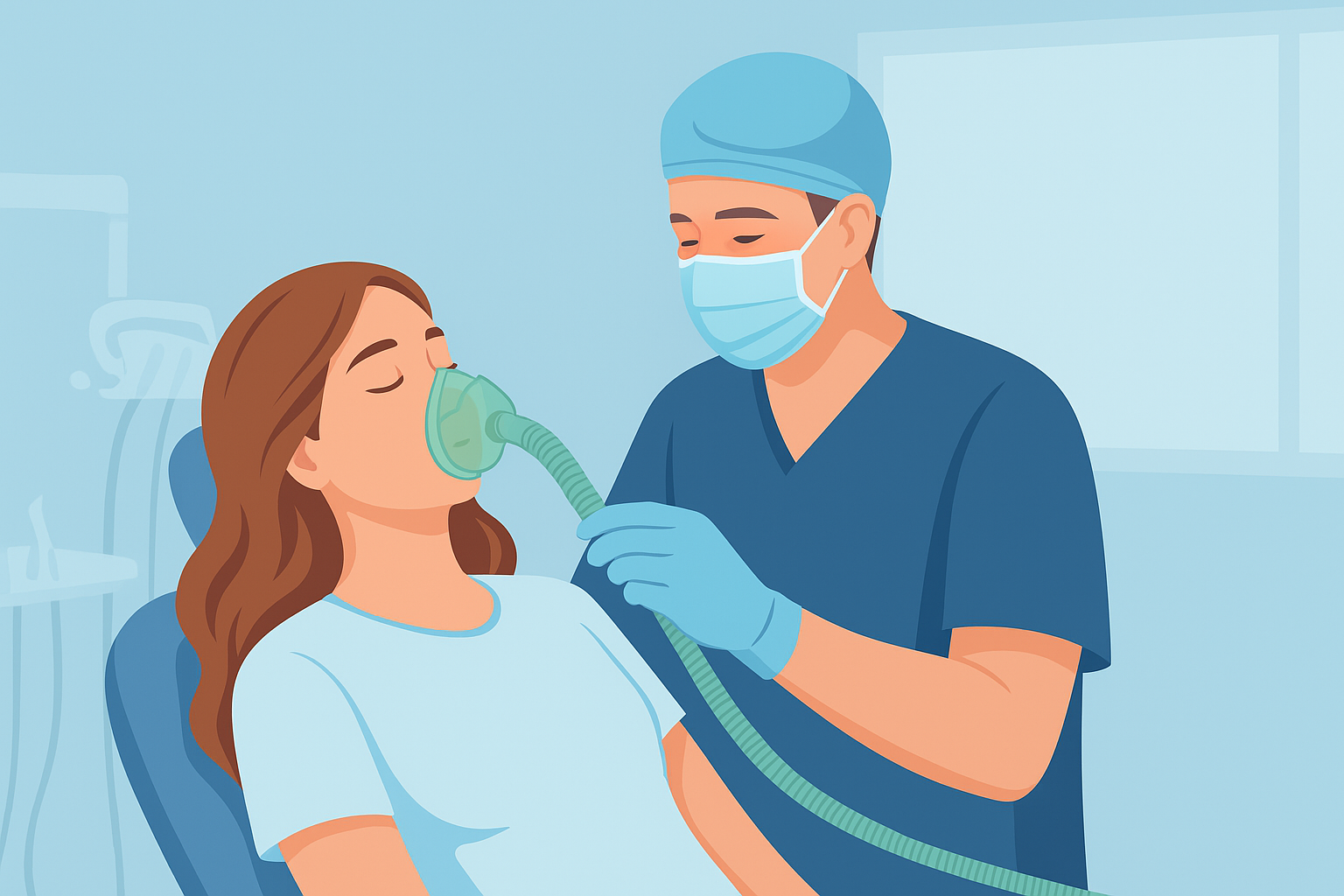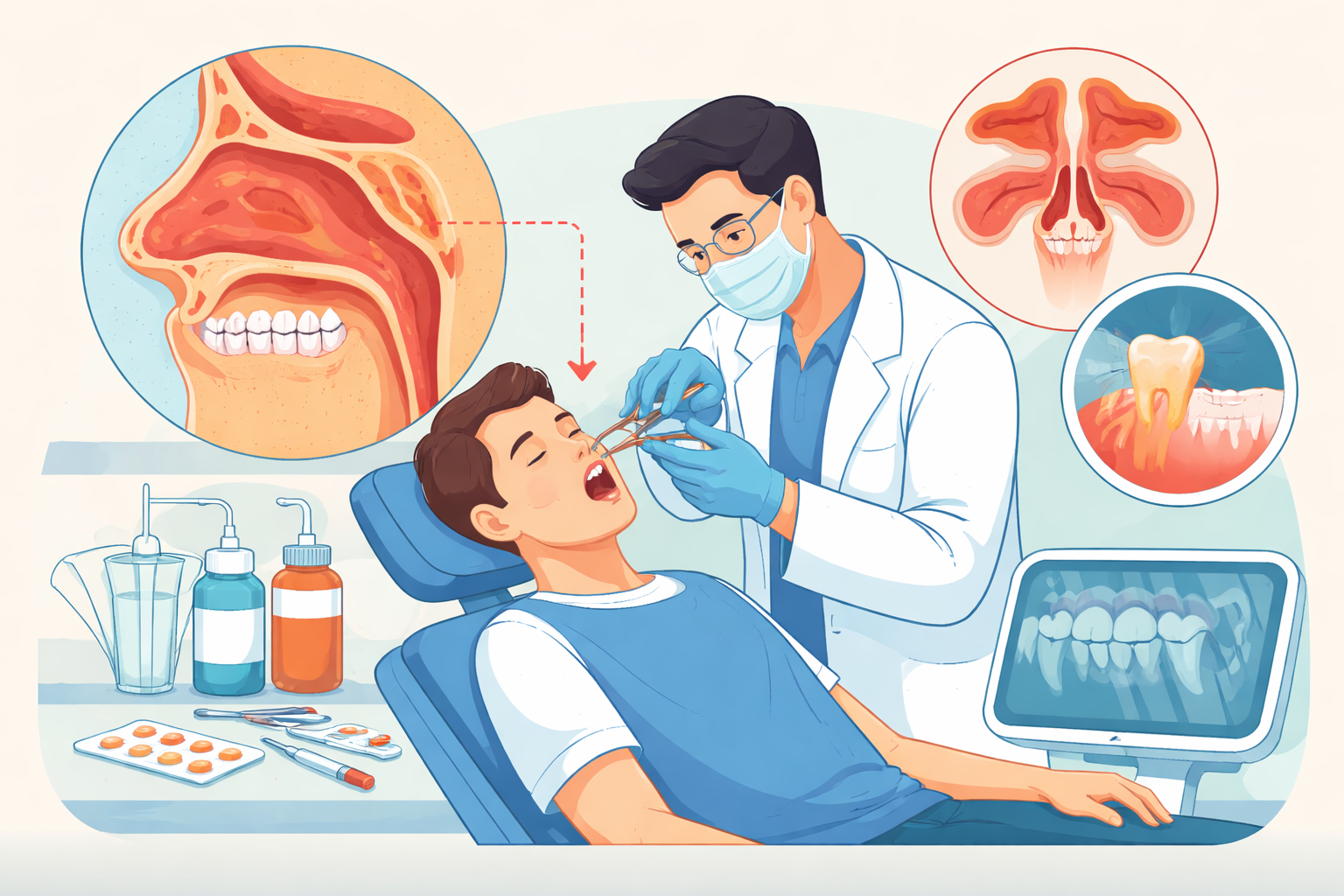Bite Correction Surgery: Everything You Should Know Before Surgery

Bite correction surgery, also known as orthognathic surgery, is a life-changing procedure for individuals struggling with misaligned jaws or severe bite issues. Beyond cosmetic improvements, it improves oral function, speech, chewing efficiency, and facial balance. If you’ve ever felt self-conscious about your jaw alignment or suffered discomfort while eating, this guide will give you a comprehensive overview of what bite correction surgery entails, preparation steps, recovery expectations, and related dental considerations.
Understanding Bite Correction Surgery
Bite correction surgery is designed to realign the jaws when orthodontic treatment alone is not sufficient. People with overbite, underbite, crossbite, or open bite often experience not only aesthetic concerns but also functional problems. Misaligned jaws can cause chronic jaw pain, difficulty chewing, speech issues, and even sleep disorders such as obstructive sleep apnea.
Unlike standard dental procedures, bite correction surgery involves surgically moving the upper jaw, lower jaw, or both to create a properly aligned bite. Preceding orthodontic treatment is often necessary to position teeth correctly so that the surgical outcome provides both functional and aesthetic benefits.
Why Bite Correction Matters
Correcting your bite goes beyond looks. Proper jaw alignment supports:
- Chewing efficiency: Misaligned jaws make it harder to chew effectively.
- Speech clarity: Jaw misalignment can affect pronunciation and clarity of speech.
- Jaw health: Helps prevent TMJ disorders caused by chronic strain.
- Facial balance: Enhances overall symmetry and facial aesthetics.
Ignoring bite issues may lead to complications such as accelerated tooth wear, gum problems, and persistent jaw discomfort. Addressing these issues early can prevent long-term dental problems.
Preparing for Bite Correction Surgery
A successful outcome begins with thorough preparation. Your oral surgeon will assess your individual needs, medical history, and potential dental interventions.
Comprehensive Evaluation
Your surgeon will conduct a detailed evaluation, which may include:
- Review of medical and dental history
- Physical examination of the jaw and teeth
- Imaging such as X-rays or 3D CT scans
- Surgical planning with 3D models of your jaw
At this stage, your surgeon may also discuss complementary procedures. For example, if you are considering dental implants, it is important to coordinate their timing with your bite correction for optimal results.
Pre-Surgery Orthodontics
Most patients undergo orthodontic treatment before surgery. Braces or clear aligners help position the teeth so they will fit properly after the jaw is repositioned. Skipping this step can reduce the effectiveness of the surgery.
Insurance and Costs
Bite correction surgery can be partially covered by medical or dental insurance, depending on whether the procedure is considered medically necessary. Checking coverage for related procedures, such as are dental implants covered, can help you budget for the entire treatment plan.
Lifestyle Adjustments
Before surgery, your oral surgeon may recommend lifestyle changes to ensure a smoother recovery:
- Stop smoking
- Adjust medications if necessary
- Maintain excellent oral hygiene
These steps help reduce complications and support faster healing.
The Bite Correction Surgery Procedure
Bite correction surgery is usually performed under general anesthesia in a hospital or surgical center. The procedure varies depending on whether the upper jaw, lower jaw, or both require correction.
Upper Jaw Surgery (LeFort I Osteotomy)
This surgery corrects overbite or upper jaw misalignment. The surgeon can move the upper jaw forward, backward, or sideways to achieve a balanced bite and improved facial symmetry.
Lower Jaw Surgery (Bilateral Sagittal Split Osteotomy)
Lower jaw surgery is often needed for underbites or severe misalignment. The jaw is repositioned to meet the upper jaw in a natural and functional alignment, improving both aesthetics and chewing ability.
Chin Surgery (Genioplasty)
In some cases, adjusting the chin enhances facial harmony. Chin surgery can be performed in combination with upper or lower jaw surgery for a more balanced appearance.
Surgical Recovery
After surgery, patients typically experience swelling, bruising, and discomfort for several weeks. Your surgeon will provide a recovery plan, which may include:
- Soft or liquid diet initially
- Pain management medications
- Gentle oral hygiene routines
- Regular follow-up appointments
Some patients may also require additional treatments to replace missing teeth and restore full functionality.
Potential Risks and Complications
Bite correction surgery is generally safe, but like all major procedures, it carries some risks:
- Infection
- Nerve damage
- Relapse of jaw alignment
- Prolonged swelling or discomfort
Choosing an experienced oral and maxillofacial surgeon reduces these risks. Additionally, considering long-term effects may influence your overall surgical plan.
Post-Surgery Care and Recovery
Immediate Recovery
The first few weeks after surgery focus on reducing swelling and adjusting to the new bite. Patients generally follow a soft-food diet, gradually transitioning to solid foods as healing progresses.
Physical Therapy and Rehabilitation
Jaw exercises may be recommended to reduce stiffness, improve mobility, and maintain proper alignment. Consistent practice of these exercises ensures optimal results.
Long-Term Considerations
Long-term oral care is essential to maintain bite correction results. Routine dental visits, proper oral hygiene, and monitoring for discomfort are key. Comparing wisdom tooth pain vs toothache can help distinguish routine dental pain from jaw-related issues post-surgery.
Additional Dental Considerations
Bite correction surgery often intersects with other dental treatments:
- Dental implants: These may be needed to replace missing teeth and improve chewing function after surgery.
- Wisdom teeth management: Evaluation or removal prevents complications that could impact jaw alignment. Reference wisdom teeth removal cost guide for planning.
- Orthodontic follow-up: Ensures teeth remain aligned and bite stability is maintained.
Coordinating these treatments ensures a cohesive and effective oral rehabilitation plan.
Is Bite Correction Surgery Right for You?
Bite correction surgery is ideal for individuals with:
- Significant overbite or underbite
- Open bite or crossbite
- TMJ disorders caused by misalignment
- Functional or cosmetic concerns affecting daily life
A consultation with a qualified oral surgeon is essential to determine candidacy. Discussing cost considerations, ensures you have a complete understanding of financial planning for your surgery.
Final Thoughts
Bite correction surgery offers transformative benefits, improving jaw function, facial symmetry, and overall quality of life. Proper preparation, careful surgical planning, and diligent post-surgery care are crucial for optimal outcomes. Understanding the procedure, associated risks, and complementary dental treatments ensures that you can make informed decisions about your oral health.
If you are considering transformative dental procedures, consult your oral surgeon to explore all available options.
schedule dental implant consultation

How to Choose the Right Clinic for Wisdom Tooth Removal
December 26, 2025

What to Eat After Wisdom Teeth Removal: A Complete Recovery Guide
November 26, 2025

Gum Flap Infection Around Wisdom Teeth: Causes & Care
February 12, 2026

Your Guide to Wisdom Tooth Sedation
November 27, 2025

Wisdom Tooth Removal and Sinus Issues: What’s Really Going On?
December 25, 2025